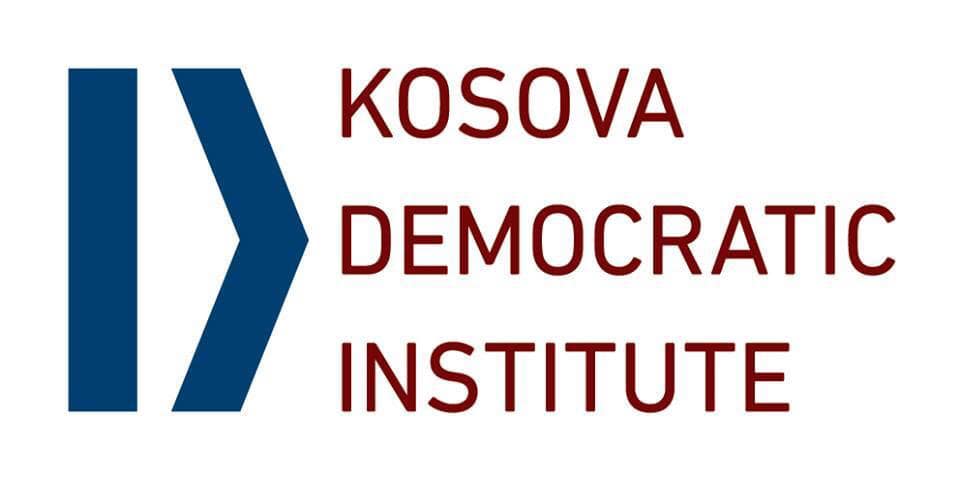


Kosova Democratic Institute (KDI) is closely following the developments after the successful no-confidence motion against the Government by the Kosovo Assembly, especially those within the negotiation process with Serbia. Despite calls for institutional coordination and the building of political consensus on the process, the political spectrum still remains divided. This political rift is affecting the developments in Kosovo’s domestic politics and its relations with international partners.
Considering the current situation in which the country finds itself, KDI estimates that:
1. The Constitution in Article 4 clearly defines the form of Governance and the separation of powers, where it determines that the Kosovo Government is responsible for the implementation of state laws and policies and is subject to parliamentary scrutiny. On the other hand, Article 95.3 stipulates that the Government is elected by a majority of the members of the Assembly. Following the approval of the no-confidence vote, the current Government does not have the confidence of the institution of the Assembly and remains in office to exercise its day-to-day functions, to avoid institutional vacuum, until the formation of a new Government.
The current government, dismissed with a no-confidence vote by the Assembly, cannot exercise the same or full powers of a Government which has the support of the Assembly. Consequently, it can be said that the incumbent Government cannot exercise the powers provided for in the formulation and implementation of foreign policy. Therefore, it cannot exercise its functions within the framework of a negotiation process with Serbia, negotiating or undertaking commitments on behalf of the state of Kosovo. Talks with Serbia should take place when Kosovo has a government with full legitimacy to exercise its constitutional functions.
2. The mandate of the President of the country derives from the Assembly, and is independent of the mandate of other institutions. The President (Article 84.10) leads the country’s foreign policy, while the Government (Article 93.1) proposes and implements the country’s domestic and foreign policy. Thus, the Constitution provides for institutional coordination regarding foreign policy, and consequently in the negotiation process with Serbia. Considering that the incumbent Government cannot fulfill its full functions in the field of foreign policy, this also affects the fulfillment of the functions of the President. The President can continue to represent Kosovo in the international arena, but in the absence of a Government with full constitutional functions, the President cannot take separate actions in the field of foreign policy. As a result, there can be no development of talks with Serbia without the formation of a new government.
3. Judgment of the Constitutional Court KO43 / 19 regarding Law no. 06 / L-145 on the Duties, Responsibilities and Competencies of the State Delegation of the Republic of Kosovo in the Dialogue Process with Serbia, in its paragraph 98 clarifies: from the text of the elaborated articles of the Constitution, it follows that the authorized institutions in the field of foreign policy according to paragraph 1 of article 93 and paragraphs 1 and 9 of article 94 of the Constitution, are the Government, the Prime Minister in consultation with the President ”. The country’s institutions must respect their constitutional obligations and exercise their constitutional functions within this process, both in the current political situation in the country and in the future